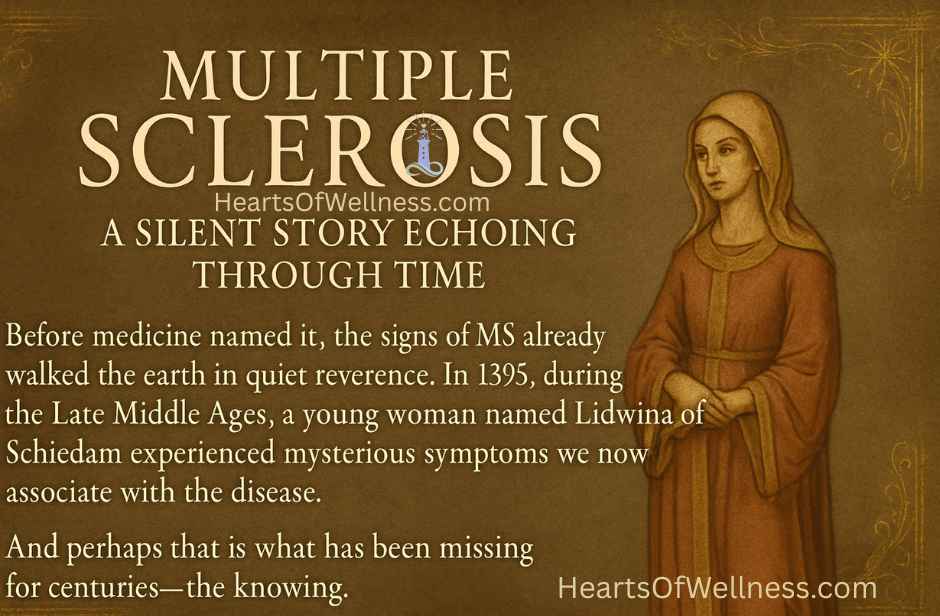The phone rang. It was mid-March 2020; my niece on my husband’s side was calling. “You have to come down to Kansas right away, Mom’s in hospice.”
The COVID shutdown was upon us. We live in Minnesota, and no travel was recommended. To complicate the situation, my husband was in the hospital with a non-COVID illness. I was able to say goodbye to my sister-in-law over the phone, but he couldn’t connect with his sister. On March 20, 2020, my sister-in-law passed away—no funeral, no memorial, nothing. Buried next to her husband without fanfare, we wondered, Is she truly gone? Surely she’ll pick up the phone and call us any day now.
Two years later, we had a small graveside service with immediate family.
Lingering Grief
How many of us have lingering grief due to losses during the COVID shutdown era? Tragic situations include:
- Many watched their loved ones slip away from a distance — barred from hospital rooms and saying goodbye through a screen or over the phone.
- Nursing homes shut down for months on end; some became COVID hot spots. If they were lucky, people could get a glimpse of their loved one through a window.
- People brought COVID home from work, resulting in their loved one contracting it and eventually passing away.
- Family caregivers got sick, leaving vulnerable care partners to be rehomed or cared for by another person.
- Isolation was bad enough for those with people around. Imagine a new widow or widower suddenly finding themselves staring at an empty chair every day.
What is the fallout of a COVID era loss?
- Complicated grief, leading to long-term stress, depression, and feelings of vulnerability.
- Trauma response, even post-traumatic Stress Disorder (PTSD) in extreme cases.
- No sense of closure usually brought by a funeral or memorial service.
- Having to explain repeatedly that their loved one is gone.
- Lingering guilt.
The Uniqueness of the COVID Era
While grief can often be traumatic, we must acknowledge the uniqueness of the COVID era. Estimates show over 800,000 people died directly or indirectly from COVID in 2020 – 2021 in the U.S. alone. Imagine each of those losses affecting multiple people, too many to count. It seems safe to say everyone knows of at least one family who lost a loved one in those tragic years. Our lives were already severely disrupted, add an unexpected loss, and I wonder if these generations will ever have a true sense of normality?
Managing Lingering Grief
Are you frequently depressed, anxious about what may come next, unable to feel joy in life? Is there a possibility these feelings could come from lingering grief? Think about what happened four to five years ago, and if you believe you have unresolved COVID grief, it is vital to take steps to help you move into a better place in life. Here are a few ideas.
- Hold a memorial service now for your loved one. It is not too late; you may find that other family and friends will find relief in saying goodbye and celebrating the life of someone who has passed on.
- Find a group, such as GriefShare, a group sponsored by your healthcare organization, or a group specific to your type of loss. Hospice organizations or funeral homes may have a list of groups you can access.
- If your symptoms are severe, seek the help of a therapist.
- Create a place in your home to honor your loved one.
- Seek help from a spiritual advisor.
Grief can be complicated, and when we are left hanging without fully acknowledging our loss, it can exacerbate our lives. Of course, the sadness of losing a loved one may never leave us, but grief can become manageable if we take steps to recognize it and create a healthy response.
Visit my website, www.gracesmessage.com for grief resources.
Nancy R Poland, Grace’s Message
With grace and hope, Nancy Poland provides written and spoken communication on caregiving, loss, and other valuable topics. She owns what she calls a “micro-business” named “Grace’s Message,” however she has many years of experience in the business world.
In December 2022, Nancy retired from NMDP (previously National Marrow Donor Program/Be The Match) after nearly 28 years of employment. She most recently worked as a Contracts and Compliance Manager and spent over 18 years in management as a people-leader. Nancy has a Bachelor of Arts in social work and a Master of Arts in Health and Human Services Administration. She has authored two books on caregiving, issues a quarterly newsletter, and offers both in-person and virtual presentations.
A life-long resident of the Twin Cities in Minnesota, Nancy and her husband John raised two sons and continue to contribute to their communities, travel, and work on solving British detective shows.
As a working caregiver, Nancy encountered dilemmas such as the following, with no good choices.
- The phone rings, an ambulance is bringing her mom to the hospital (again). Does Nancy stay at work for the rest of the training session, or should she race to meet the ambulance and mom at the hospital?
- Dad is in the care home, in the later stages of dementia. The only day they schedule monthly family conferences is Thursday, no later than 2:30. Should Nancy take a half day off work, leave work and come back, or dial in, and miss out on a face-to-face conversation.
Working caregivers struggle with job obligations, caring for their loved one, and often other family responsibilities. The one they are caring for may be a child with special needs, an aging relative, or an unexpectedly injured spouse. None of us know when we will be called upon to care for another, and trying to balance each facet of life can be a recipe for disaster. When a caregiver has a crisis, it affects not only the ones involved, but also the company.
Studies show caregivers often have increased absenteeism or reduced performance while at work. They often need to cut down work hours or quit. As this is especially true for caregivers of older adults with significant care needs, for this talk I will focus on ways companies and caregivers can partner together to address the ever-increasing needs of caregivers for our aging population.
Website: https://nancyrpoland.com
Connect with Nancy Poland on social media:
Twitter (now X): https://twitter.com/nancypoland
Facebook: https://www.facebook.com/nancyrpoland
Linkedin: https://www.linkedin.com/in/nancy-poland-a4632632/
Instagram: https://www.instagram.com/nancypoland/






